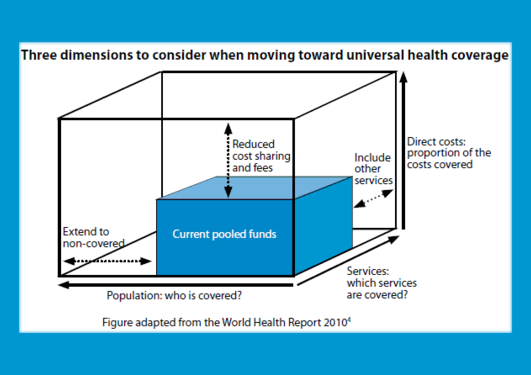Fair priority setting is compatible with the right to health
GHP Professor Ole Frithjof Norheim is co-author on a new Lancet article discussing fair priority setting and the human right to health in relation to universal health coverage.

Main content
In a new Viewpoint article published in The Lancet, “Universal health coverage, priority setting, and the human right to health”, Benedict Rumbold and colleagues reject the view that fair priority setting violates the right to health. They argue that there are ways in which the right to health can aid priority setting and, conversely, in which fair priority setting is essential to the realisation of the right to health. The article follows a roundtable discussion of the 2014 WHO report “Making fair choices on the path to universal health coverage”. GHP Professor Ole Frithjof Norheim is a co-author on the Lancet article and led the WHO report.
Universal health coverage
Universal health coverage (UHC) is defined as all people receiving quality health services that meet their needs without being exposed to financial hardship in paying for the services. Given resource constraints, this does not entail all possible services, but a comprehensive range of key services that is well aligned with other social goals. UHC was firmly endorsed by the World Health Assembly in 2005 and further supported in the World Health Report 2010.
Since then, more than seventy countries have requested policy support and technical advice for UHC reform from the World Health Organization (WHO). In response, WHO developed a plan of action that included providing guidance on how countries can manage the central issues of fairness and equity that arise on the path to UHC. The WHO consultative Group on Equity and Universal Health Coverage was set up to develop this guidance, and they lanched their report “Making fair choices on the path to universal health coverage” in 2014.

